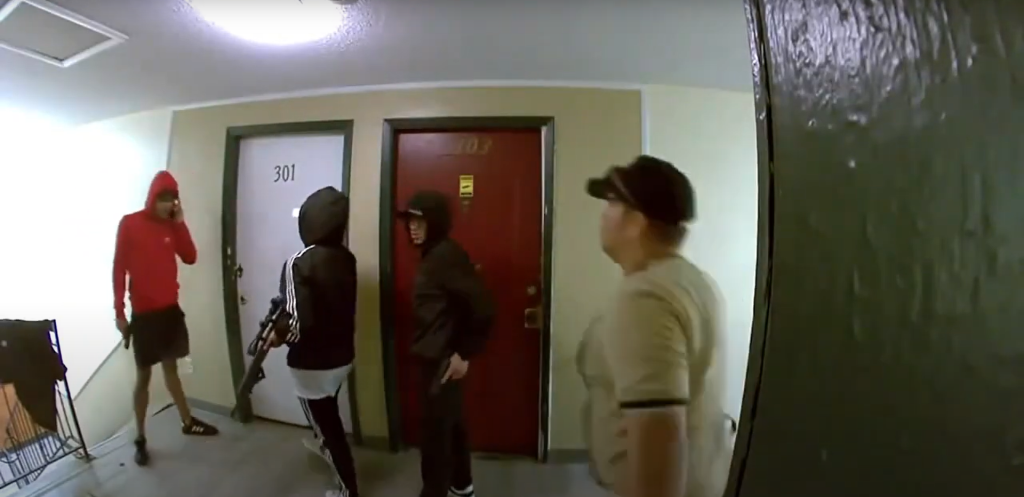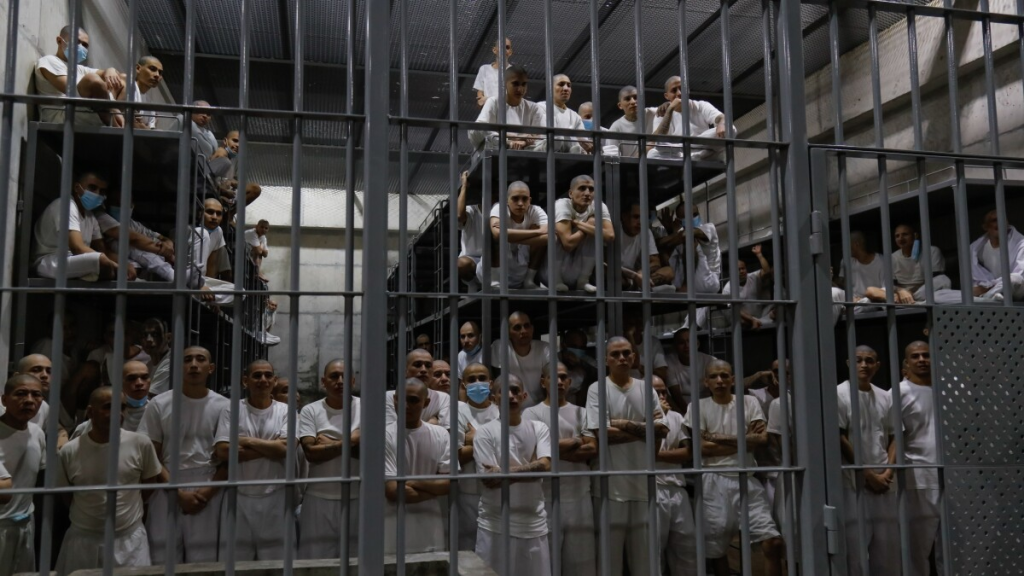President Donald Trump has invoked the wartime Alien Enemies Act of 1798 to target members of the Venezuelan gang Tren de Aragua. This controversial move has led to the rapid deportation of alleged gang members—accused of engaging in violent criminal activities—from U.S. soil. Critics and legal experts are now questioning the legality and humanitarian impact of this decision, as well as the fate awaiting these individuals in an infamous detention facility.
Trump Deportation: A Controversial Use of Wartime Authority
In a fiery statement on Truth Social, President Trump proclaimed that the Tren de Aragua terrorists had been “sent into our Country by Crooked Joe Biden and the Radical Left Democrats.” According to his invocation, the administration intends to use the Alien Enemies Act—previously invoked during past conflicts—to apprehend and deport Venezuelan citizens who are alleged members of this violent gang. Trump’s declaration comes amid heightened tensions, with the president decrying what he described as former President Biden’s “pathetically weak” response to Houthi and other regional threats.

Despite a federal judge temporarily restraining the deportation of five Venezuelans on grounds of judicial overreach, the administration insists that the judge’s order does not extend to actions already taken over international waters. The Trump administration’s aggressive stance has raised critical questions, is the U.S. now engaging in a broader deportation campaign using obsolete wartime laws?
Who Are The Tren de Aragua?

The focus of the Trump administration’s recent deportation campaign is the violent Venezuelan gang Tren de Aragua (TdA), designated as a foreign terrorist organization by the Department of State. Trump’s administration has labeled the gang as a foreign terrorist organization, asserting that its members are responsible for a range of violent crimes including extortion, kidnappings, and even orchestrated acts of “irregular warfare.” Critics argue that by targeting a non-state actor under a law meant for wartime measures, the administration is misusing the Alien Enemies Act for political gain. According to federal officials, all Venezuelan citizens aged 14 and older identified as members of TdA may be apprehended and removed as “alien enemies.”
Where Is El Salvador Mega Prison?
Known as the Centro de Confinamiento del Terrorismo (CECOT), El Salvador’s maximum security mega prison. Located in Tecoluca, CECOT sits approximately 72 kilometers southeast of San Salvador and is designed to hold up to 40,000 inmates—earning its reputation as both the El Salvador mega prison and El Salvador maximum security prison. Initially constructed to house gang members and reduce the chronic overcrowding in local jails, the facility has now become the destination for deportees targeted under Trump’s deportation order. Its harsh conditions, which include minimal inmate rights, limited outdoor time, and a strict, spartan regime, have drawn international criticism from human rights organizations, who warn that such measures can lead to further abuses.

One of the most controversial aspects of this operation is the destination for the deported individuals. Reports indicate that the 238 alleged gang members are being transferred to a high-security facility in El Salvador—a facility described as an El Salvador maximum security prison or El Salvador gang prison. This detention center, often referred to as a mega prison, is designed to house up to 40,000 inmates, making it one of the most formidable correctional institutions in the region.
Debate Over Deportations and Human Rights
The administration’s decision to send alleged gang members directly to CECOT—a facility already notorious as an El Salvador gang prison for its brutal conditions—has sparked intense debate. Proponents of the policy argue that it is a necessary measure to protect American citizens from violent criminal networks, while opponents view it as an abuse of executive power that bypasses established legal processes. The use of a law originally meant for wartime emergencies has been denounced by legal experts and civil liberties groups alike, who contend that it undermines the U.S. Constitution’s guarantee of due process. Critics also point out that such policies risk penalizing individuals who might not even be directly involved in criminal activities, thereby conflating immigrant status with criminality.
Trump’s decision to use an 18th-century law to target members of Tren de Aragua has not only reignited historical debates over executive power and due process but also thrust El Salvador’s CECOT mega prison into the international spotlight. As the legal and political battles continue, both sides remain entrenched in their positions—one viewing the move as a necessary step to protect American citizens, and the other as a dangerous overreach that compromises human rights. The coming weeks will be critical in determining how these unprecedented deportation policies will ultimately impact U.S. immigration enforcement and international relations.


